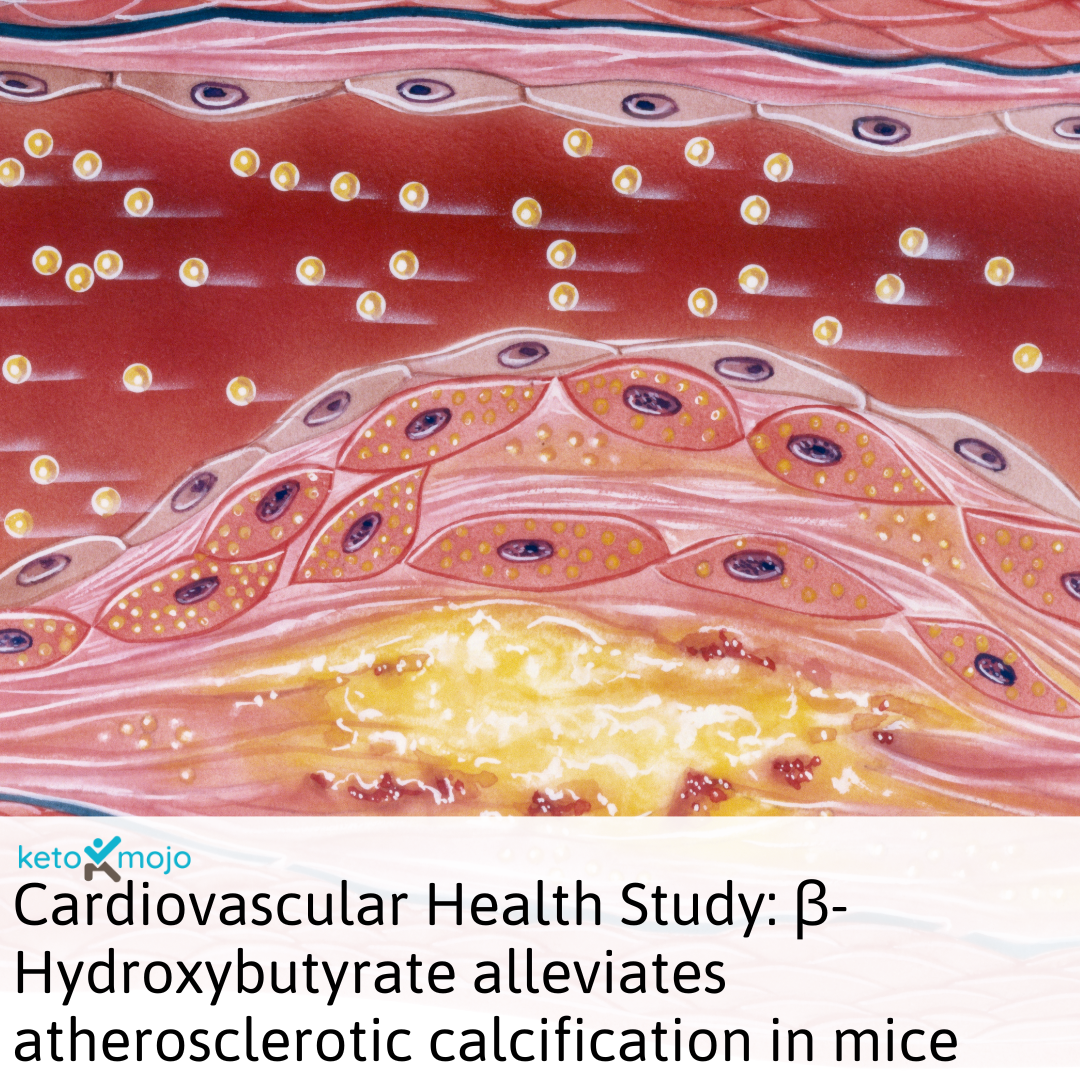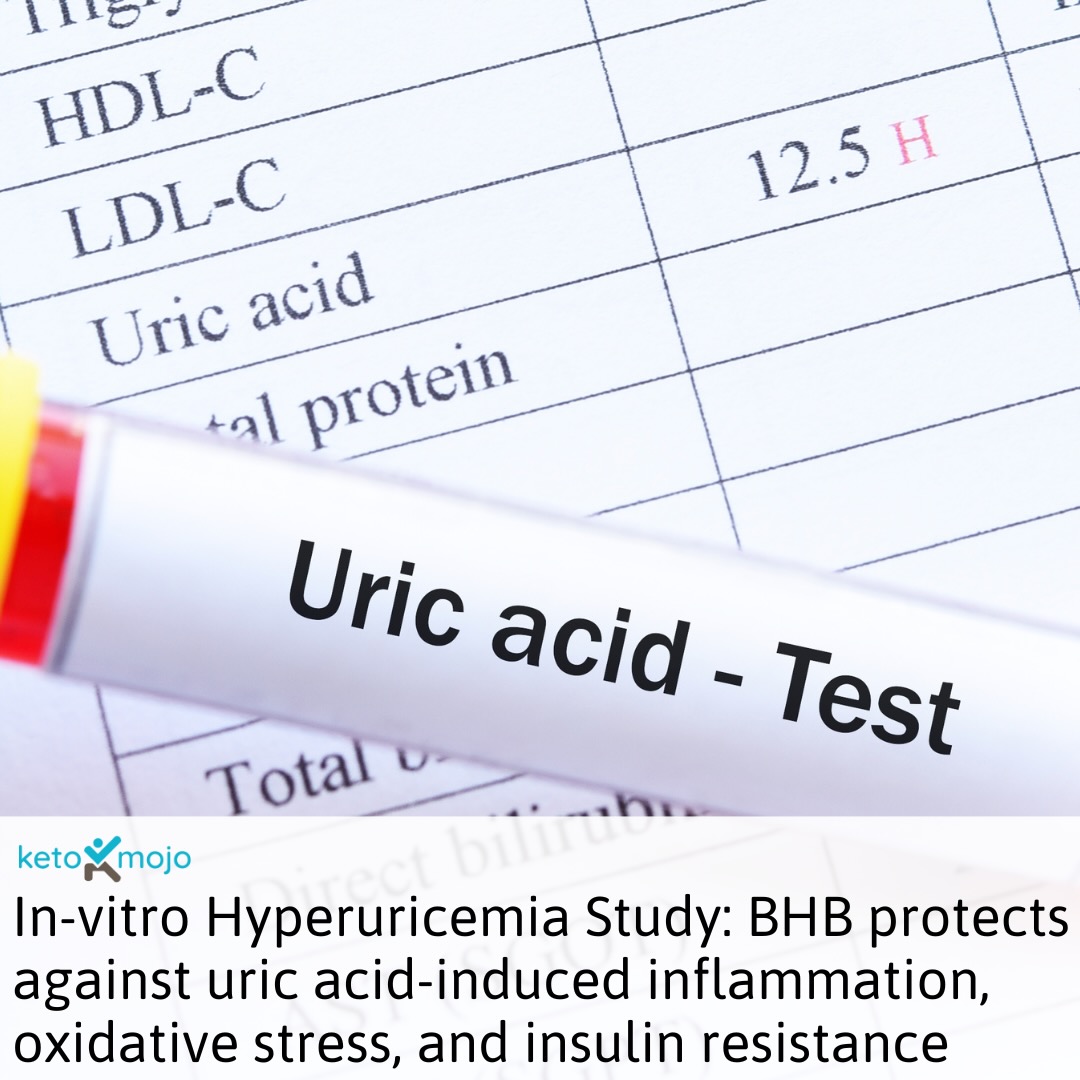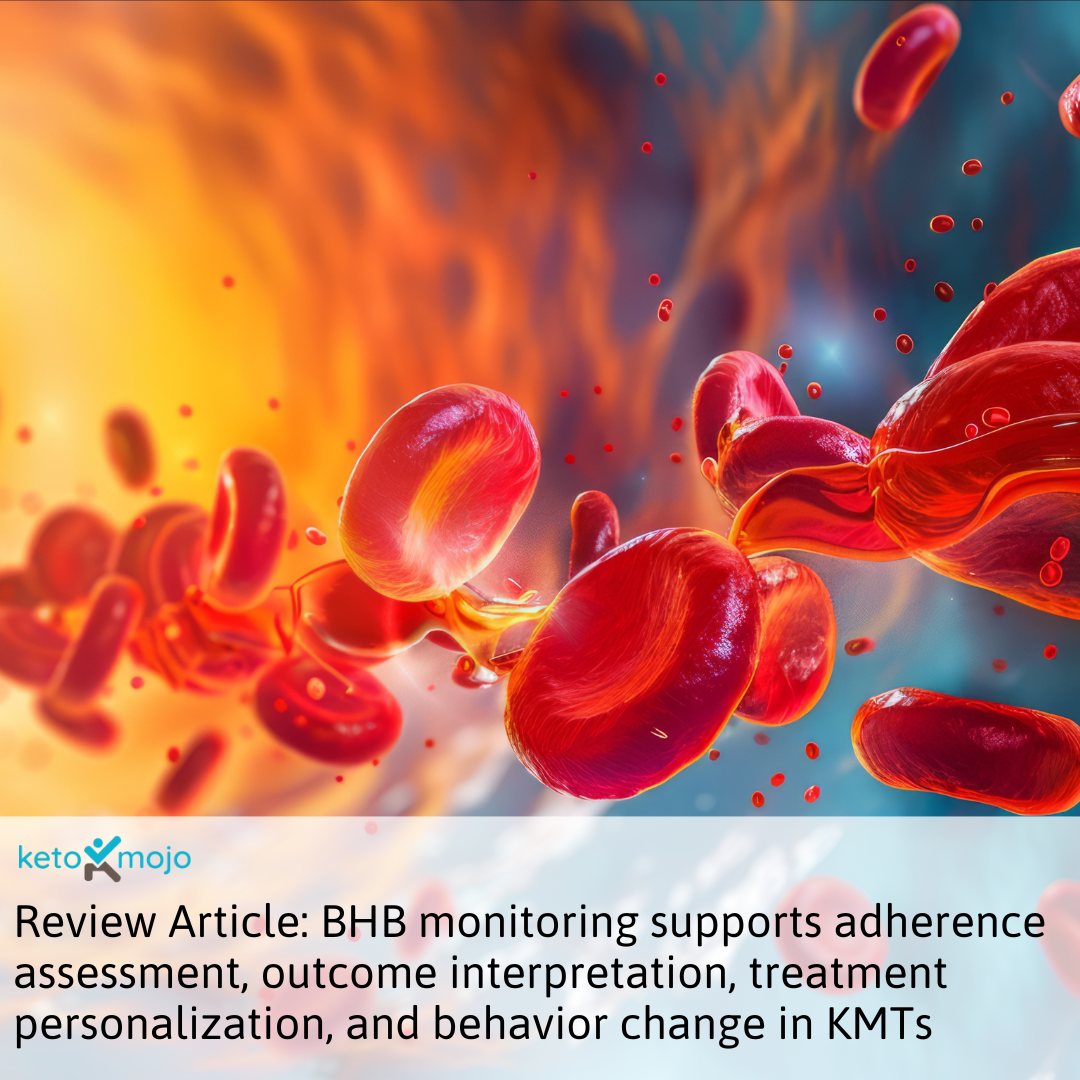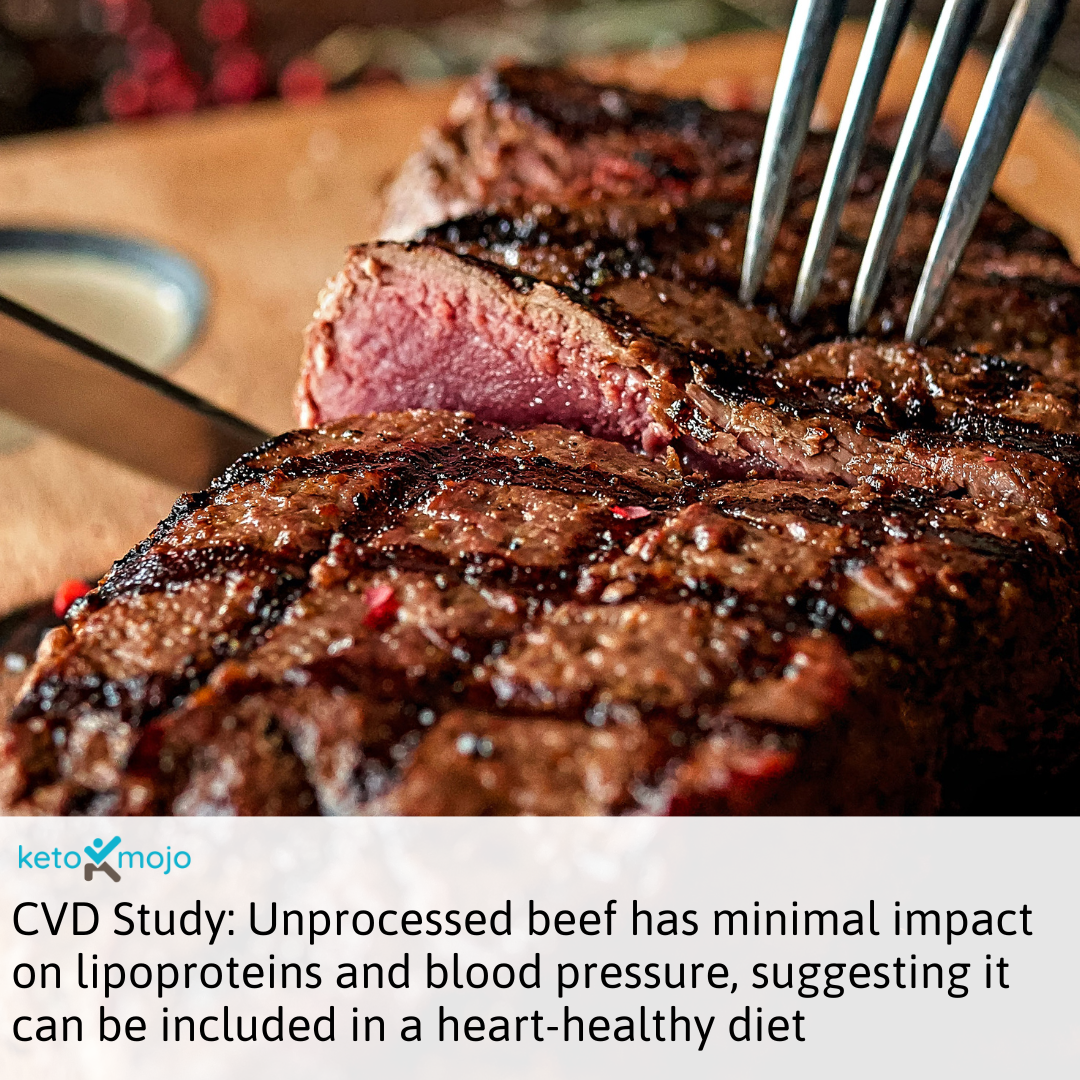Cardiovascular Disease
β-Hydroxybutyrate Alleviates Atherosclerotic Calcification by Inhibiting Endoplasmic Reticulum Stress-Mediated Apoptosis via AMPK/Nrf2 Pathway

Atherosclerotic calcification (AC) contributes to arterial hardening and increased cardiovascular risk. Recent research has shown that the ketone body β-hydroxybutyrate (BHB) has protective effects on cardiovascular risk, but its role in AC remains unclear.
This study aimed to clarify the effects of BHB supplementation on AC in mice and identify the potential underlying mechanisms.
Study Design
Researchers supplemented ApoE−/− mice on a Western diet with BHB for 24 weeks and conducted in vitro experiments using vascular smooth muscle cells to explore BHB’s effects at a cellular level.
Key Findings
- Reduced arterial calcification: BHB-treated mice showed less calcified areas, lower calcium content, and decreased alkaline phosphatase activity in the aorta.
- Inhibited endoplasmic reticulum stress (ERS): BHB downregulated GRP78 and CHOP, two key markers of ERS, effectively reducing ERS-mediated apoptosis in arterial tissues.
- Direct protection of vascular smooth muscle cells: In cultured cells, BHB decreased alkaline phosphatase activity and calcium deposits, preventing excessive calcification.
Conclusion
These findings suggest that BHB may serve as a promising therapeutic agent for preventing and managing atherosclerotic calcification. By targeting ER stress and apoptosis, BHB could help maintain vascular health and reduce cardiovascular disease risk. Further research is needed to assess its clinical potential.






